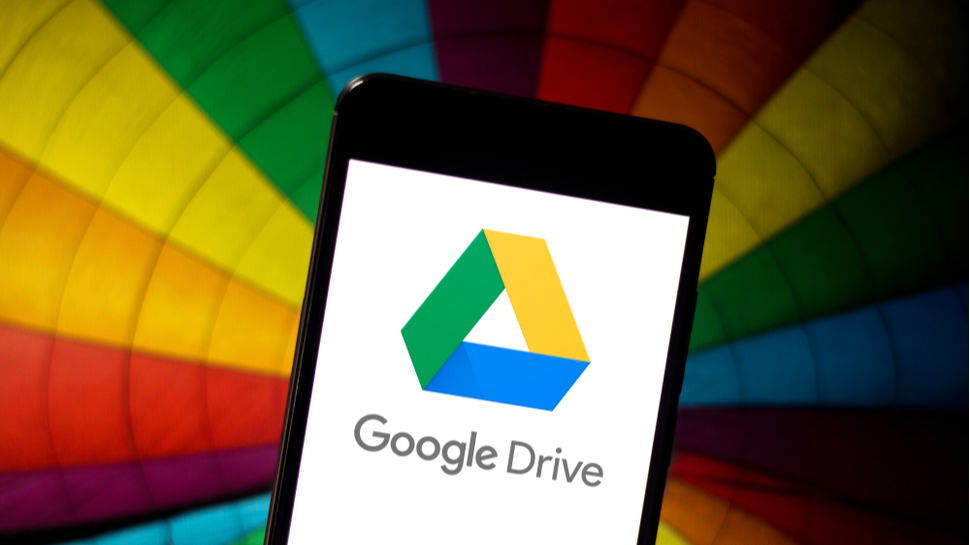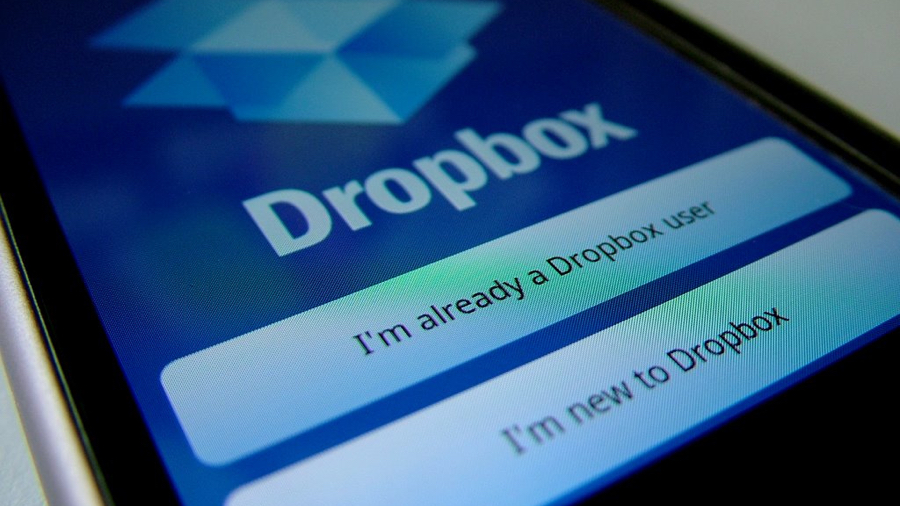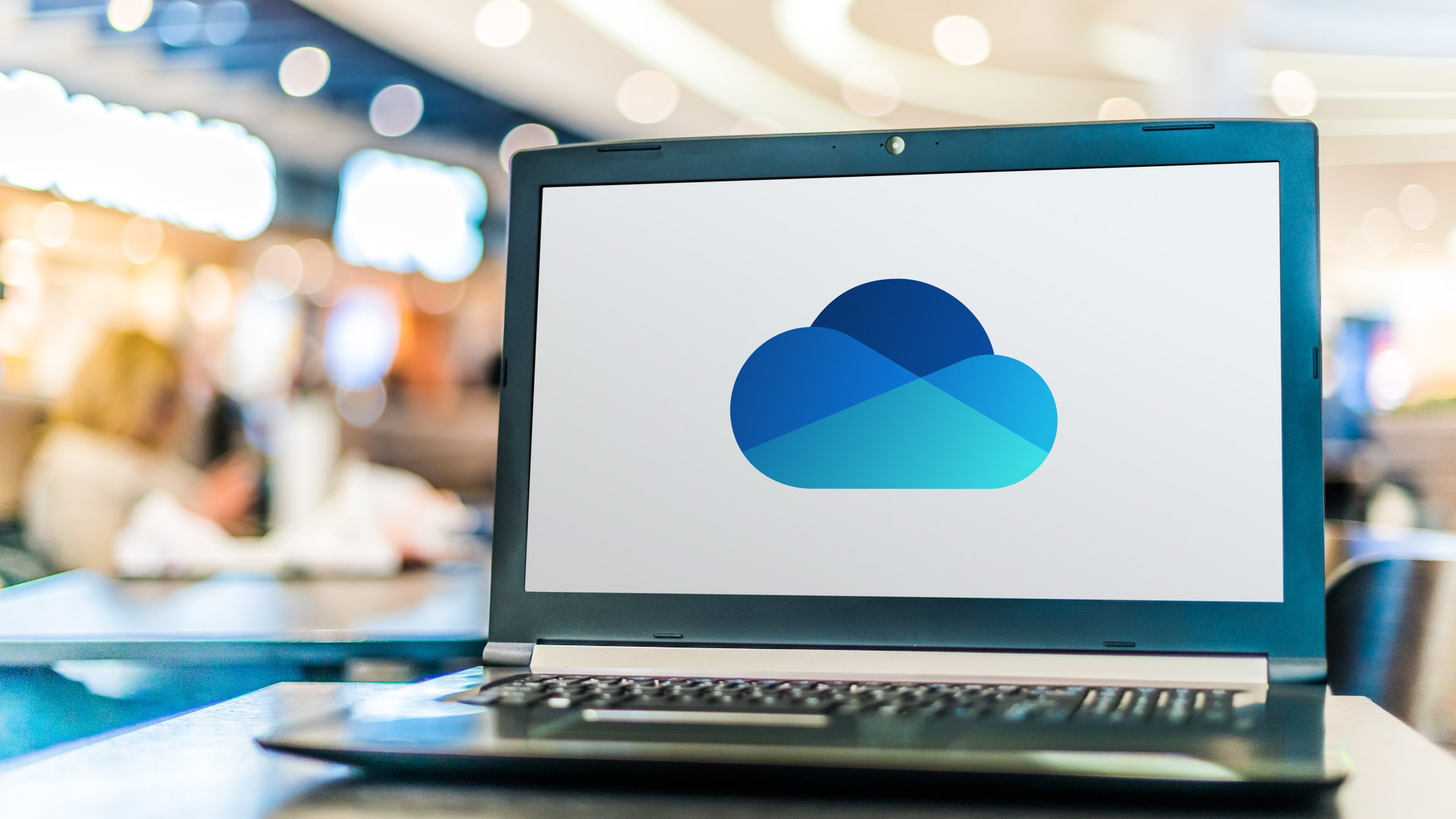Google Drive vs Dropbox vs OneDrive: Which is the best?
Google Drive, Dropbox or OneDrive? Which is the right cloud storage solution for your needs?

Trying to assess the best cloud storage for your needs is difficult enough when looking at two different solutions - evaluating the strengths and weaknesses of three platforms adds further complexity. However, given the sheer number of cloud solutions on the market today, from cloud document storage to photo cloud storage, it can be useful to broaden comparisons to encompass a variety of cloud solutions. That’s what we’ve done here, coming up with a winner in a close three-way fight: Google Drive vs Dropbox vs OneDrive.
Each of these solutions represents some big hitters in the cloud market. Users will also have to factor in their associated integrations - which is where Google Drive and Microsoft OneDrive may have significant advantages. Having said that, Dropbox is an old hand when it comes to cloud storage, having launched all the way back in 2007. No tech platform lasts as long as that unless it can offer some serious advantages to users - especially with the amount of competition around.
Of course, if you want to dig a little deeper into the best bits of each platform, then you’re in luck. Our Google Drive cloud storage review, Dropbox cloud storage review, and Microsoft OneDrive cloud storage review will provide more detailed insights into each cloud storage solution.
Google Drive vs Dropbox vs OneDrive: Features
The features on offer are some of the most important reasons to go with one particular cloud storage solution over another. Google Drive offers file versioning, advanced search, offline access, and a variety of preview and layout options but its close integration with other Google tools may be its most popular feature. Integrated access to Docs, Sheets and Slides via an intuitive web app means that this is more than just storage - it’s a productivity suite too.
Dropbox hosts everything in a designated Dropbox folder, whether you are a Windows or macOS user. Boasting its own Google Docs clone, Paper, Dropbox does its best to fight off competition but the fact that you can't include network drives or external drives is disappointing. The mobile versions of Dropbox do offer background support for photo library backup, however.
Microsoft OneDrive works similarly to other major cloud platforms, automatically syncing files once you’ve specified those you want to be backed up. As with the cloud offerings from other major tech players, OneDrive works best as part of a broader digital ecosystem - in this case, Windows. In terms of versioning, OneDrive can bring back previous versions of your files from as far back as 30 days ago.

Google Drive vs Dropbox vs OneDrive: Performance
In an effort to find out which of the three cloud storage solutions offered the best performance, we compared them in terms of speed when uploading and then downloading the same 1GB test file. All three solutions performed well, with not much to choose between them.
OneDrive’s download speed was a little on the slow side, taking around seven minutes, but it did perform better in terms of uploads. If speed is essential, then Dropbox was the winner, delivering an impressive sub-one-minute time. It is worth noting, however, that all three cloud storage clients run in the background, so even if you have a large file to upload or download, this can take place without hindering your productivity too much.
In addition, please be aware that the speeds we measured are only an indication and many users will find that their results vary with different broadband connections. As such, the main takeaway should be that all three cloud storage solutions offer decent speeds, with only the heaviest users likely to notice a difference.

Google Drive vs Dropbox vs OneDrive: Support
Unfortunately, glitches and troubleshooting are a fact of life when it comes to any software solution - and cloud storage is no exception. When comparing the three platforms, all of them offer the basic level of support you would expect but there are some nuances. OneDrive, for example, doesn’t make it the easiest for users to access email and phone support channels, so they may reluctantly decide to stick with the relevant self-help articles - which are admittedly extensive.
Similarly, Dropbox also has plenty of self-help articles for users in need of support. Plus, it does make finding real-time support a little easier. There’s also an automated chat service called ‘dropbot.’ Google Drive does only make email, phone, and live chat support available to its paying customers, but this is unlikely to be a major issue as business users are likely to need more than the 15GB of storage provided through the free plan.
Google Drive vs Dropbox vs OneDrive: Pricing
Although they’re unlikely to be of much interest to serious users, Google Drive, Dropbox, and OneDrive all offer free plans. Microsoft offers 5GB of space for its free plan, Google Drive an impressive 15GB, and Dropbox an underwhelming 2GB.
In terms of the available paid plans, business users will have to fork out between $5 (£3.80) and $10 (£7.50) per month with OneDrive for access to cloud storage, or between $6 (£4.50) and $12.50 (£9.40) per month for access to Office 365 apps. Dropbox business plans cost between $15 (£12) and $50 (£40) per user per month. Google Drive, meanwhile, costs either $1.99 (£1.59), $2.99 (£2.49), or $9.99 (£7.99) per month for 100GB, 200GB, or 2TB respectively, or users can subscribe to Google One on an annual basis.

Google Drive vs Dropbox vs OneDrive: Our Verdict
Deciding between Google Drive, Dropbox, and Microsoft OneDrive ultimately depends on your specific needs. Dropbox may win in terms of performance but it doesn’t integrate quite as neatly with other tools - something that Google Drive and OneDrive excel at for their respective operating systems.
All things considered, we’d probably have to recommend Google Drive - particularly if you’re a big Android or Chromebook user. Things get a little more complicated if you’re a Windows fan or if speed is a priority, so maybe those free packages could be useful for getting some first-hand experience with each solution.
Also check out What is cloud storage?
Are you a pro? Subscribe to our newsletter
Sign up to the TechRadar Pro newsletter to get all the top news, opinion, features and guidance your business needs to succeed!
Barclay has been writing about technology for a decade, starting out as a freelancer with ITProPortal covering everything from London’s start-up scene to comparisons of the best cloud storage services. After that, he spent some time as the managing editor of an online outlet focusing on cloud computing, furthering his interest in virtualization, Big Data, and the Internet of Things.
